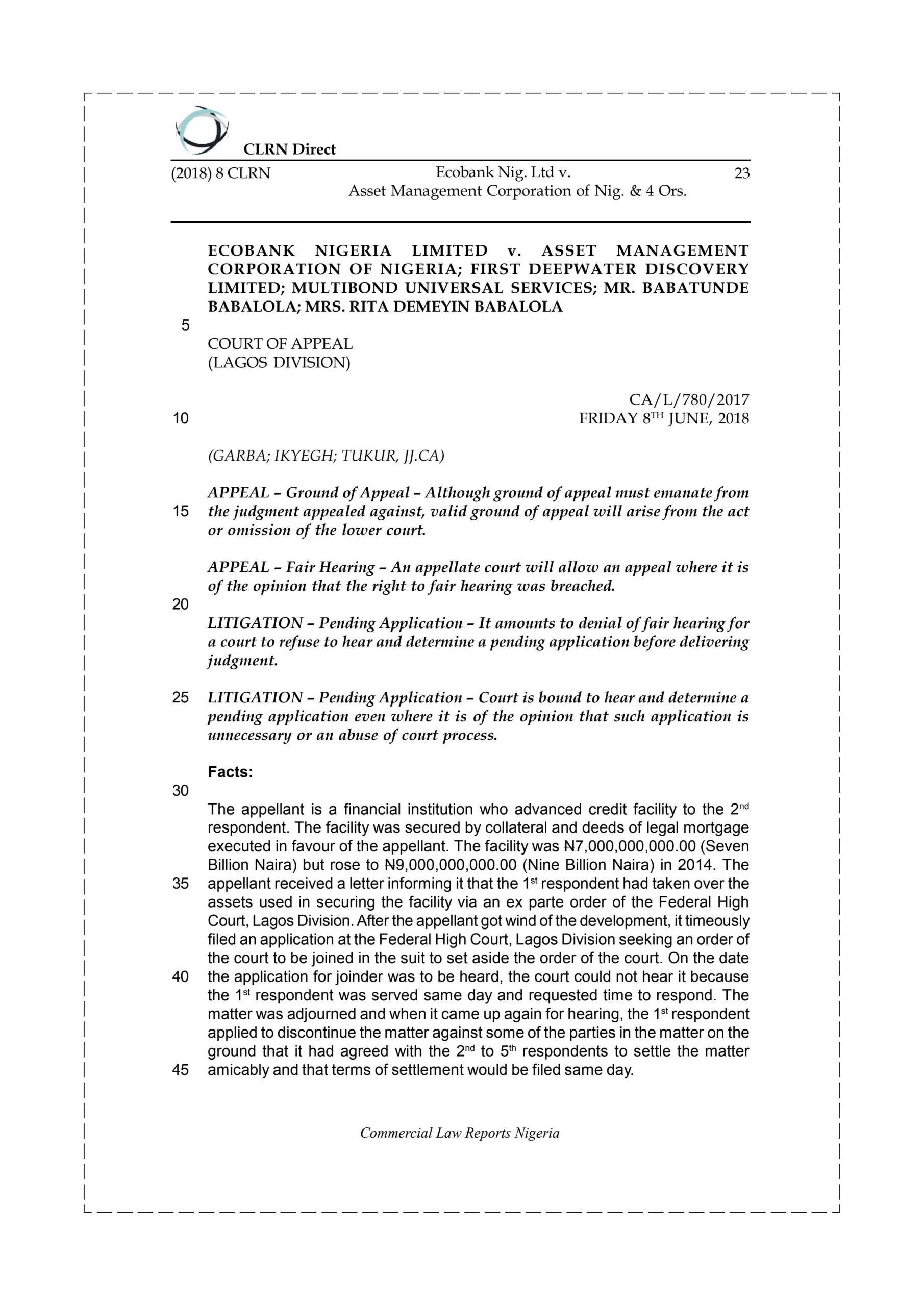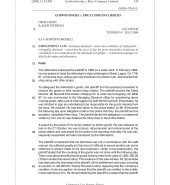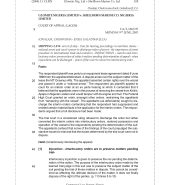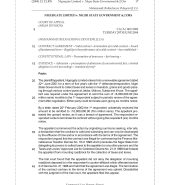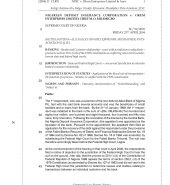-

Ajaokuta Steel Co. Ltd & 2 Ors v. Corporate Insurers Ltd
- kg
1 × ₦300
Ecobank Nig. Ltd v. Asset Management Corporation of Nig. & 4 Ors.
₦300
In Stock
Facts:
The appellant is a financial institution who advanced credit facility to the 2nd respondent. The facility was secured by collateral and deeds of legal mortgage executed in favour of the appellant. The facility was N7,000,000,000.00 (Seven Billion Naira) but rose to N9,000,000,000.00 (Nine Billion Naira) in 2014. The appellant received a letter informing it that the 1st respondent had taken over the assets used in securing the facility via an ex parte order of the Federal High Court, Lagos Division. After the appellant got wind of the development, it timeously filed an application at the Federal High Court, Lagos Division seeking an order of the court to be joined in the suit to set aside the order of the court. On the date the application for joinder was to be heard, the court could not hear it because the 1st respondent was served same day and requested time to respond. The matter was adjourned and when it came up again for hearing, the 1st respondent applied to discontinue the matter against some of the parties in the matter on the ground that it had agreed with the 2nd to 5th respondents to settle the matter amicably and that terms of settlement would be filed same day.
The appellant objected to the procedure reminding the court of its application for joinder. Even though the court acknowledged pendency of the appellant’s application, it nonetheless went ahead to enter as consent judgment the terms of settlement filed by the respondents without first hearing and resolving the application. The appellant was dissatisfied and filed a notice of appeal at the Court of Appeal, Lagos Division asking the court to set aside the consent judgment and remit the matter back to the Federal High court to be assigned to another judge. One of the issues for determination is whether the learned trial judge erred in law when he refused to hear and determine the appellant’s application to join the proceedings as a party before entering the terms of settlement as consent judgment. The 2nd to 5th respondents filed their briefs of arguments and incorporated a preliminary objection on the ground that some of the grounds of appeal were incompetent and did not emanate from the decision of the court.
